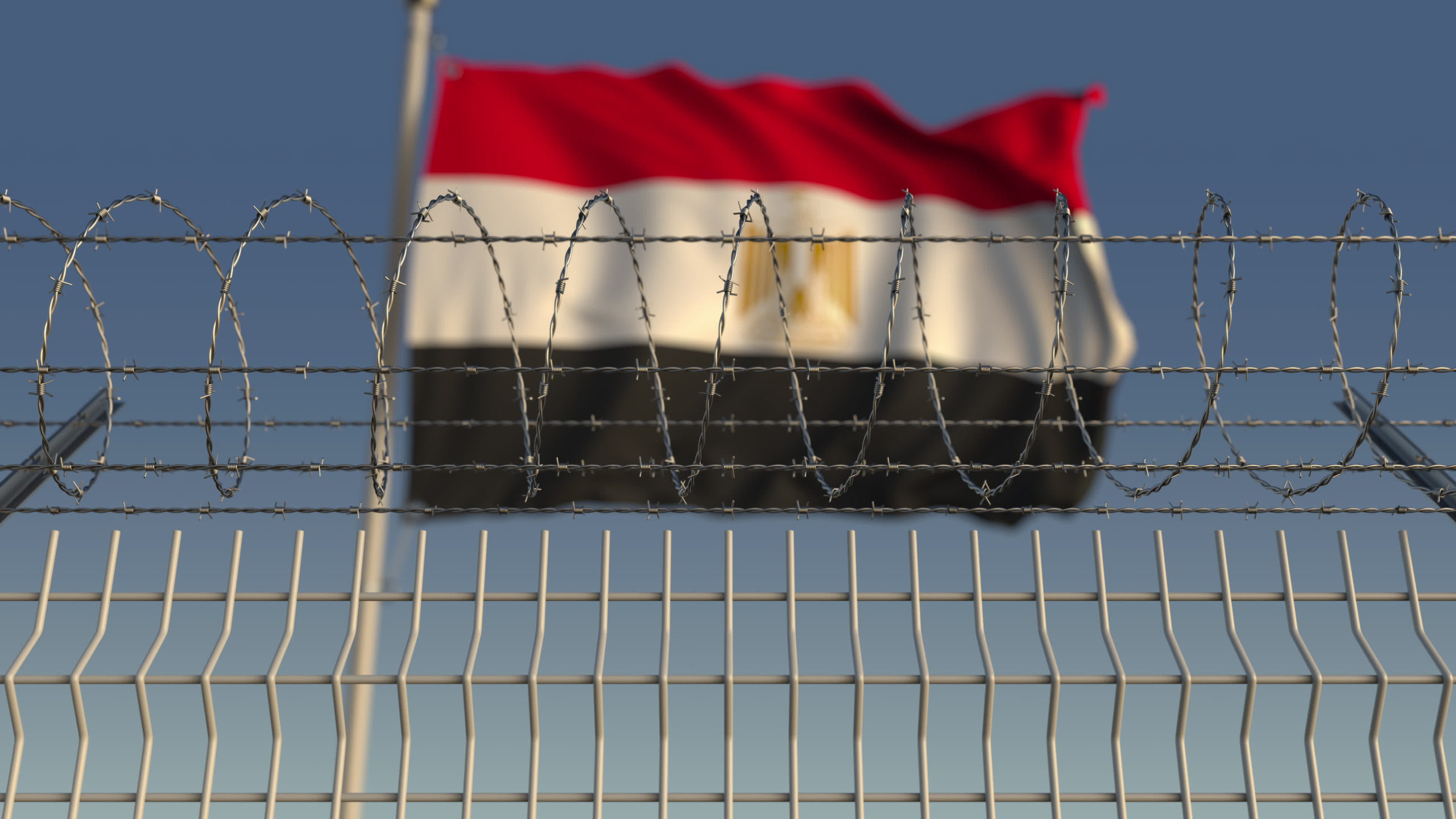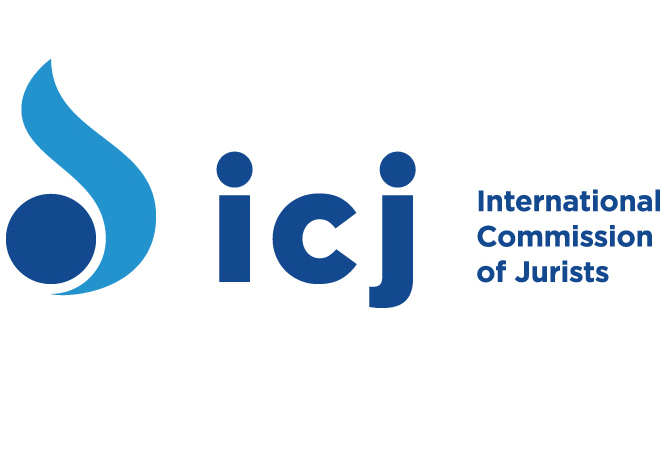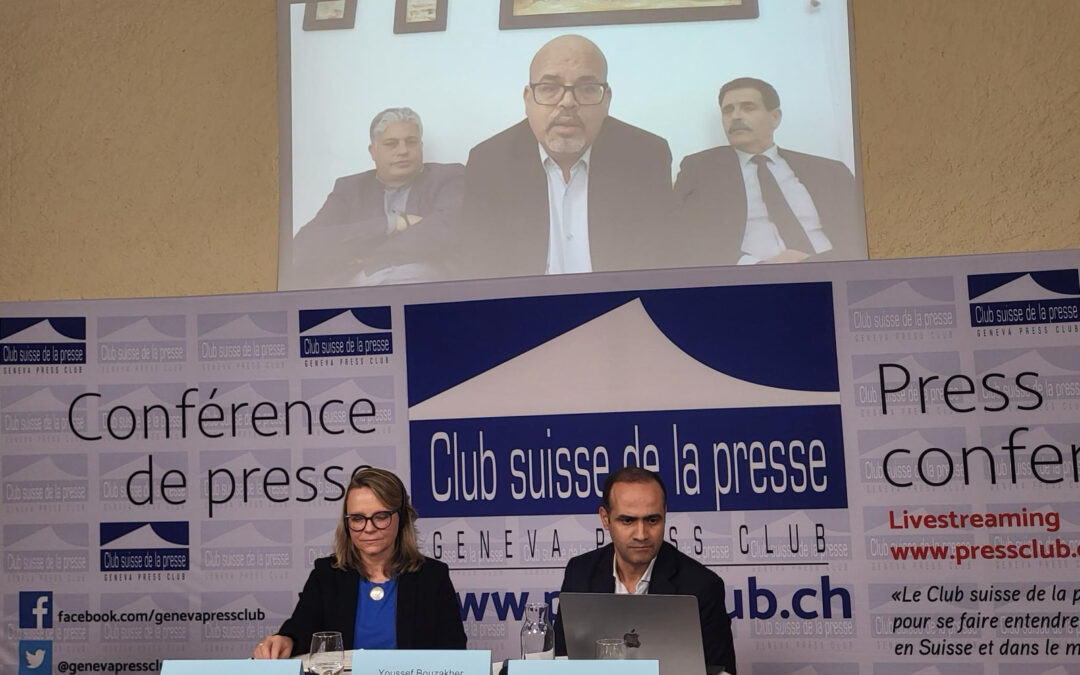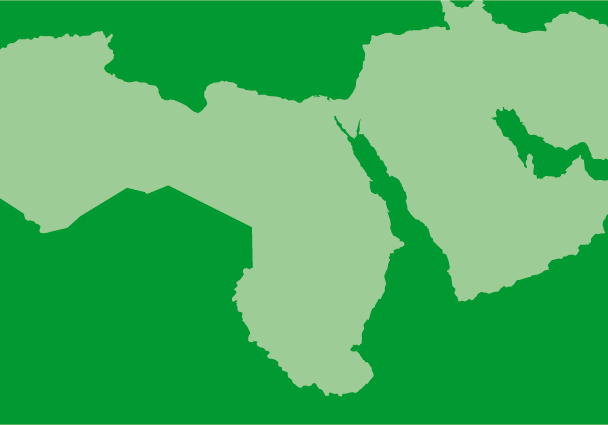


Egypt must immediately and unconditionally release anti-torture protester Mahmoud Hussein
The Egyptian authorities must immediately and unconditionally release Mahmoud Hussein who is facing 25 years in prison simply for wearing a T-shirt with an anti-torture slogan, 15 Egyptian and international human rights organizations said today. البيان باللغة العربية...
Gaza: One month on, Israel fails to comply with the Order of the International Court of Justice
The International Commission of Jurists (ICJ) condemns the continued failure by Israel and other States to comply with, and give full effect to, the provisional measures (PMs) indicated by the International Court of Justice (the Court) in its Order of 26 January 2024...
Egypt: Rights Group and its Director Threatened and Smeared
Reprisals Follow Reports on Gaza Border Activity (Washington DC) – The Egyptian authorities and affiliated groups have responded to recent reporting by the Sinai Foundation for Human Rights, an Egyptian human rights group with a focus on Egypt’s militarized North...
Complaint to the UN Human Rights Committee: Tunisia Must Answer for Attacks on Judicial Independence
Geneva, 12 February 2024. Today, with the support of the International Commission of Jurists (ICJ) and Human Rights in Practice, Judge Youssef Bouzakher, President of the dissolved High Judicial Council (HJC) and one of the 57 judges and prosecutors...
Israel/OPT: Joint Support for Call for a Conference of High Contracting Parties to the Fourth Geneva Convention 1949
In light of credible allegations of ongoing violations of international humanitarian law arising from the protracted armed conflict in Israel and the Occupied Palestinian Territory, in particular in the Gaza Strip, the International Commission of Jurists (ICJ), Amnesty International (AI), and Human Rights Watch (HRW) support the call by a number of High Contracting Parties to the 1949 Geneva Conventions addressed to Switzerland, in its capacity as the depository of the four Geneva Conventions, to convene an urgent Conference of High Contracting Parties to the Geneva Convention Relative to the Protection of Civilian Persons in Time of War of 12 August 1949 (“the Fourth Geneva Convention”).
This call is based on Common Article 1 to the four Geneva Conventions, which states that “The High Contracting Parties undertake to respect and to ensure respect for the present Convention in all circumstances”. Underscoring the continued relevance of this body of law, the ICJ, AI, and HRW recall operative paragraph 1 of the UN Security Council Resolution 2712 on the situation in the Middle East, including the Palestinian question, of 15 November 2023 demanding “that all parties comply with their obligations under international law, including international humanitarian law, notably with regard to the protection of civilians, especially children.” In the same vein, our organisations recall operative paragraph 2 of the UN General Assembly, entitled Protection of civilians and upholding legal and humanitarian obligations, of 26 October 2023 demanding “that all parties immediately and fully comply with their obligations under international law, including international humanitarian law and international human rights law, particularly in regard to the protection of civilians and civilian objects, as well as the protection of humanitarian personnel, persons hors de combat, and humanitarian facilities and assets”.
The ICJ, AI, and HRW call on all High Contracting Parties to uphold the fundamental principle of international law that treaties must be executed in good faith, and fulfil their obligations under Common Article 1 “to ensure respect” for the Fourth Geneva Convention by participating in the Conference and acting collectively to prevent further violations of international humanitarian law in the Occupied Palestinian Territory and Israel.
The ICJ, AI, and HRW consider that in the circumstances currently prevailing in Israel and the Occupied Palestinian Territory, including, in particular, the Gaza Strip, ensuring respect for international humanitarian law requires, at a minimum, a suspension of arms transfers to the parties to the conflict; ensuring accountability for serious violations of international humanitarian law; supporting and cooperating with the Independent International Commission of Inquiry on the Occupied Palestinian Territory, including East Jerusalem, and Israel, and with the International Criminal Court’s ongoing Palestine investigation; and supporting other pathways to accountability including through the principle of universal jurisdiction.
Contact:
Said Benarbia, Director, ICJ Middle East and North Africa Programme, email: said.benarbia@icj.org
Katherine Iliopoulos, Legal Adviser, ICJ Middle East and North Africa Programme, email: katherine.iliopoulos@icj.org




